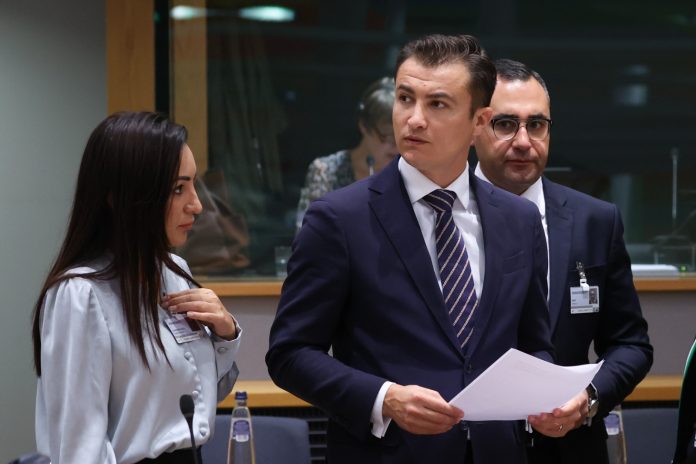Economy Minister Silvio Schembri has today welcomed the agreement reached among the EU27 on new rules that will make it cheaper, quicker and more predictable to protect industrial designs across the union.
While attending the Competitiveness Council of Ministers in Brussels, Minister Schembri expressed support for the agreement reached, thanks to which design protection will be strengthened, simplified, harmonised, made more accessible and, above all, more affordable through a reduction in registration fees and administrative burdens, which will aid the businesses and cultural sectors which are predominantly dominated by micro, small and medium enterprises.
Today’s Council, under the Spanish Presidency, discussed also new proposed Euro 7 standards for vehicles and held general discussions on the competitiveness and future of the Single Market and touched base on the industrial and competitiveness perspective on the EU pharmaceutical legislation.
In his main intervention on the future of the single market, Minister Schembri referred to the connectivity challenge that Malta, as the smallest Member State and on the periphery of Europe, constantly faces, which renders operations to Malta uncompetitive.
“Any upcoming legislation should bring down the barriers impeding the smooth functioning of the Single Market, remove the fragmentation between Member States and incentivise operations towards all corners of the EU in order to ensure that all parts of Europe continue to contribute to growth”, Minister Schembri said.
Following the recent successful MED9 meeting in Malta which focused on digitalisation and AI, once again Minister Schembri took the opportunity to call on Member States to embrace the digital transformation that is going on, which has enormous potential to improve the lives and wellbeing of our citizens and businesses, but at the same time stressed the importance to work diligently, to establish the conditions for the development and responsible use of reliable AI within the EU, and to provide clear rules for the AI developers, deployers and users while safeguarding fundamental rights and the fundamental European values and principles.
Finally, Minister Schembri called for better addressing of the skills shortages and workforce. “The unprecedented shortage of skilled workforce in various sectors has hindered innovation and competitiveness and thus this challenge needs to be seriously addressed. Malta believes that further focus must be centred on the investment in education and training programs that align necessary skills for the digital and green transitions,” Minister Schembri concluded.










